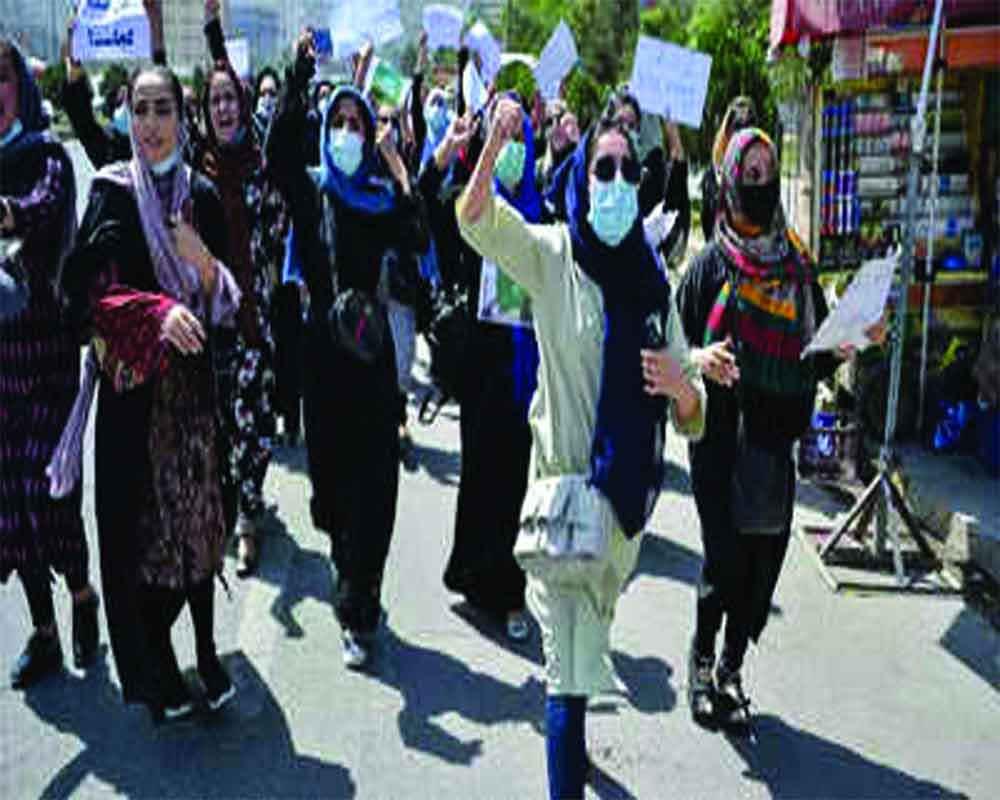Indian Nationhood thrives amid diversity
Despite regional differences and identity quests, the strength of Indian nationhood persists, supported by a dedication to constitutional values and productive conversations
There is much talk about the nature of change in all aspects of Indian life, as is natural in changes envisaged at such a large scale. There are bound to be differences of opinion, multiple articulations, and an attempt to project one’s point of view. This is how it should be. This is amplified by the Sanskrit dictum “Vade Vade Jayat Tatva Bodhah” (through discussion one arrives at the truth). However, discussion must follow a protocol. This protocol is often unwritten and is a bedrock of any civil society. It has some enduring principles. The first and foremost of which would be that it cannot be and must not be abusive.
The right to civil disagreement in a civil manner is the foundation of a civil society. Thus, it is that mutual respect and agreeing to disagree are required as essential to civil discourse.
One can add to it, for good measure, certain other attributes and certain attributes of the mind. These attributes recognise the need to not only listen but honestly weigh the merits of another person’s point of view […]






